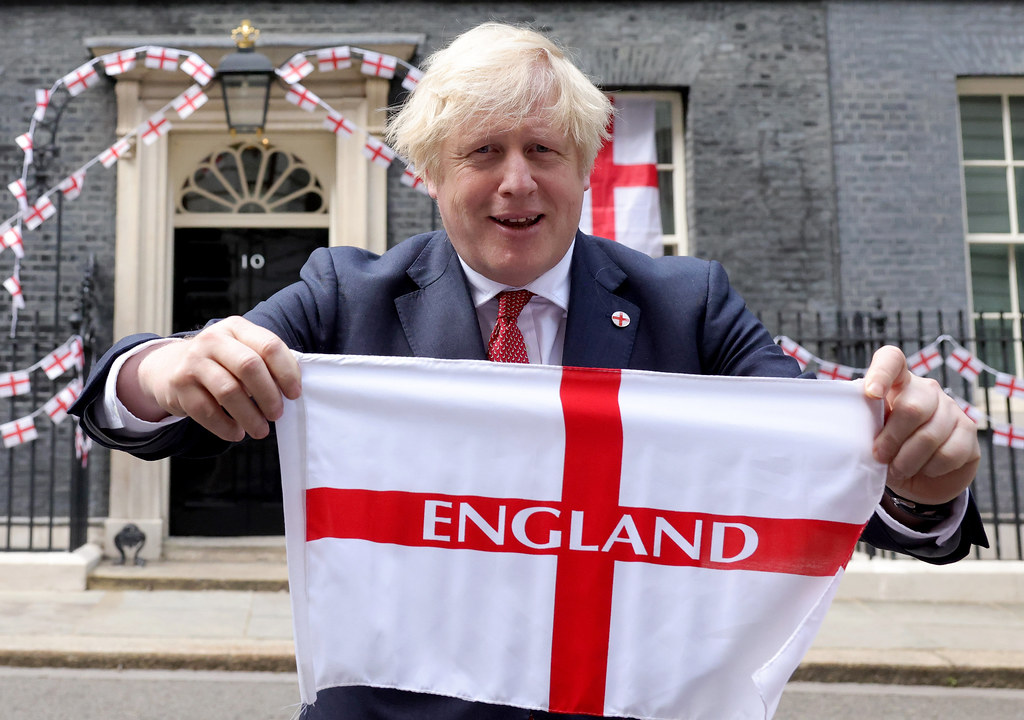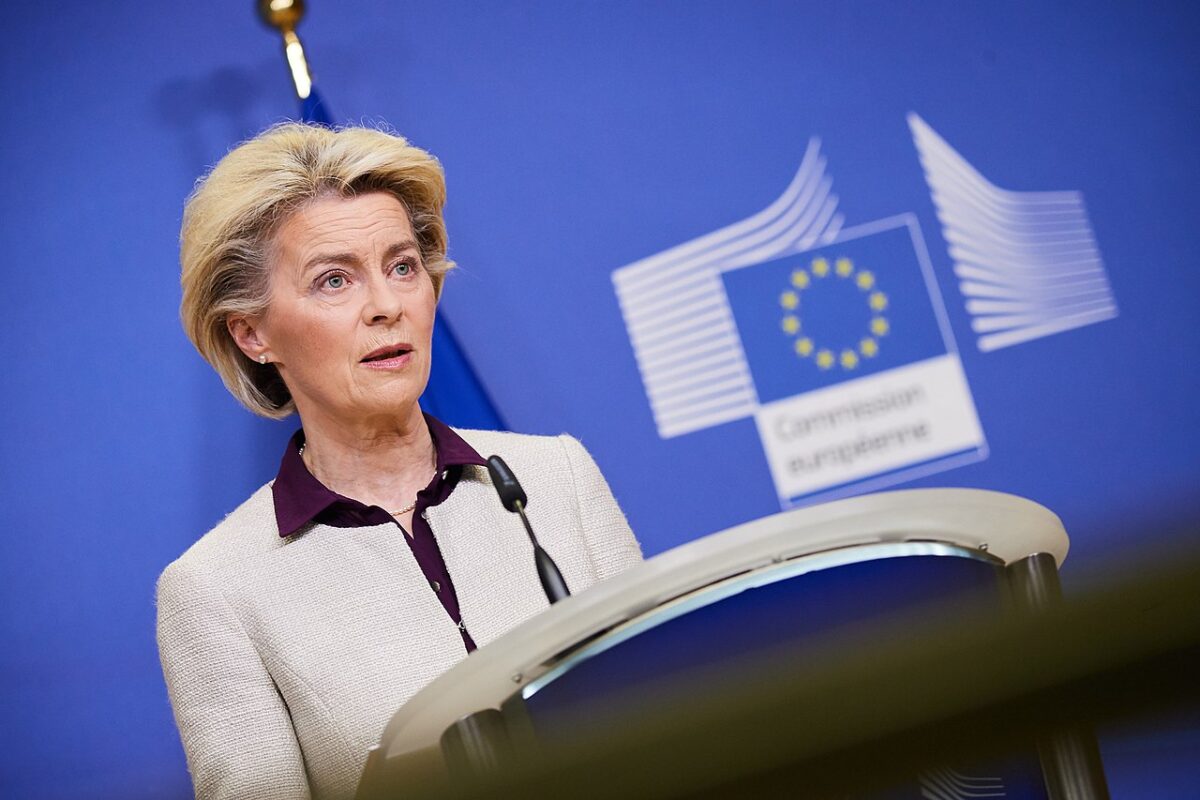Nobody Satisfied: The Perfect Deal in Brussels
European Parliament
The ‘spitzenkandidat’ is dead. Long live the spitzenkandidat? As far as conundrums go, this was a particularly hard one for the European Parliament to consider: vote for and agree with your own demise, vote against and throw a spanner in the works. In the end, a compromise was reached.
The appointment of a new European Commission president represents both an exercise of raw power and a delicate balancing act. The process is of a Byzantine-like complexity and usually features a number of recalcitrant participants who must be arm-wrestled into position or compliance during late-night sessions in the backrooms of the Le Berlaymont building, the architectural monstrosity that dominates downtown Brussels and houses the European Commission.
However tortuous, the selection of a new commission president is not entirely nefarious. Even in the best of times, getting the 28 EU member states to agree on a name is anything but straightforward. These, however, are not the best of times: the union is in the throws of an existential crisis and searching, reluctantly, for a role to play on the world stage. The EU remains an economic powerhouse of the first magnitude, dwarfing all but the United States, but lacks political clout – or an army to acquire some.
If power indeed grows out of the barrel of a gun, the EU has none. That should not at all be surprising since the union’s entire edifice was built as an instrument for securing peace through cooperation and integration. As such, the undertaking has proved hugely successful. Never before in its chequered and violent history has the European continent experienced such a long absence of major conflict. Since its creation none of its member states have ever waged war on one another.
With its mission accomplished, the EU must now consider where to go and what to do next. Whilst everybody can agree on the need to ensure peace, such unanimity is not a given when the EU’s future is concerned. In the face of an external ‘threat’ to its interests, the union maintains a remarkably strong and unified front as the British discovered to their surprise and dismay. Even prime minister Viktor Orbán of Hungary and his cabal of at times slightly less cooperative East European leaders play along nicely and refrain from rocking the boat or breaking ranks.
Acrimonious Cacophony
However, as soon as the conversation turns to the internal market, and its political dimensions and implications, the harmony breaks down into an acrimonious cacophony of lamentations, accusations and recriminations. Whilst member states, often coalesced into blocs-within-the-bloc, attempt to erect their edifice of compromise, the union’s inevitable and market-driven mission creep actually builds and shapes the EU.
Integrating markets and ensuring a level playing field for all participants goes well beyond removing tariff barriers and other obstacles to trade. Even with all of the more obvious obstacles to intra-union trade removed, governments and parliaments still possess a vast array of instruments with which to claim a national advantage. It is largely up to the European Commission to detect and disrupt these ploys.
Take the euro: its creation was sparked by a desire to put a stop to exchange rate manipulations, shenanigans really, that allowed member states to deploy monetary tools and quick-fixes in order to compensate for sloppy policies, lagging productivity, and poor competitiveness. A few Mediterranean member states that had not yet acquired a deeper appreciation for – or an understanding of – fiscal prudence were repeat offenders and regularly tinkered with their currencies to gain an edge otherwise denied.
Playing the System
EU member states have been playing the system since the union’s inception in 1957. Over the years, reactive add-on treaties and legislation have somewhat narrowed the scope of national policy initiatives, thereby keeping the playing field as level as possible. In this sense, the euro represented a quantum leap forwards. It was, as with all things EU, the product of compromise – the monetary equivalent of a square peg hammered into a round hole.
Clutching at any excuse to justify, post-fact, their hasty decision to leave the European Union, the British now eagerly jump on any sign of discord between member states and enjoy, perhaps a bit too gleefully, the horse trading that precedes any major decision taken in Brussels and in which the UK partook rather skilfully for well over four decades.

That spectacle, unedifying to an outside observer, was the stock in trade of Boris Johnson during his time in Brussel as the correspondent of The Daily Telegraph. In the early 1990s, Mr Johnson delighted his readers with vivid descriptions of hapless ‘eurocrats’ and their dislike of ‘bendy bananas’ and other natural phenomena that resist strict definition. However over the top, Mr Johnson’s reporting did set the tone for the scepticism that was to follow. Some even credit him with swaying the outcome of the 1992 referendum in Denmark that saw voters reject the Maastricht Treaty.
Never one to let the truth, or pesky details, interfere with a good story, Mr Johnson lost none of his traits when he recently thundered that EU rules require purveyors of kippers – cold-smoked herring, a breakfast favourite – to pack their product with ‘plastic ice pillows’ to ensure freshness.
According to Mr Johnson, fish smokers all across the UK are ‘furious’ at this latest diktat emanating from the caste of ‘unelected bureaucrats’ in Brussels. As it turns out, EU regulation only covers fresh fish whereas the UK’s own Food Standards Agency recommends manufacturers ensure proper conditions during transport which may, indeed, require a ‘cool bag’ such as the one Mr Johnson took great offence of.
A collective of 28 – soon to be 27 – sovereign nations, the European Union is, by necessity, a complex construct that moves slowly and mostly by its own inertia – mission creep – as compromises are chiselled out that make nobody particularly happy. EU diplomats live and work by the maxim coined by US comedian and writer Larry David – of Curb Your Enthusiasm fame – who defined a good compromise as a deal that leaves all parties dissatisfied.
The European Parliament was not particularly happy with the council’s decision to propose former German Defence Minister Ursula von der Leyen’s as successor to commission president Jean-Claude Juncker. After extracting its pound of flesh – and limited expansion of its powers – the EP went along, albeit reluctantly. Conversely, no single member state, arguably not even Germany, was enamoured of Mrs Von der Leyen. She had expressed no desire to claim the EU’s top job and seems only moderately equipped for the position. That, essentially, made her the ideal candidate: politically rather weak and inexperienced, and thus inoffensive to all.
It is, however, a mistake to discard the union as hopelessly flawed by design. The EU, in fact, is merely an enlargement of national politics with the exact same vicissitudes, only played out on a much larger stage with higher stakes.
Cover photo: The new president of the European Commission Ursula von der Leyen.
- © 2021 Photo Boris Johnson by Number 10
- © 2021 Photo Ursula van der Leyen by Dati Bendo


